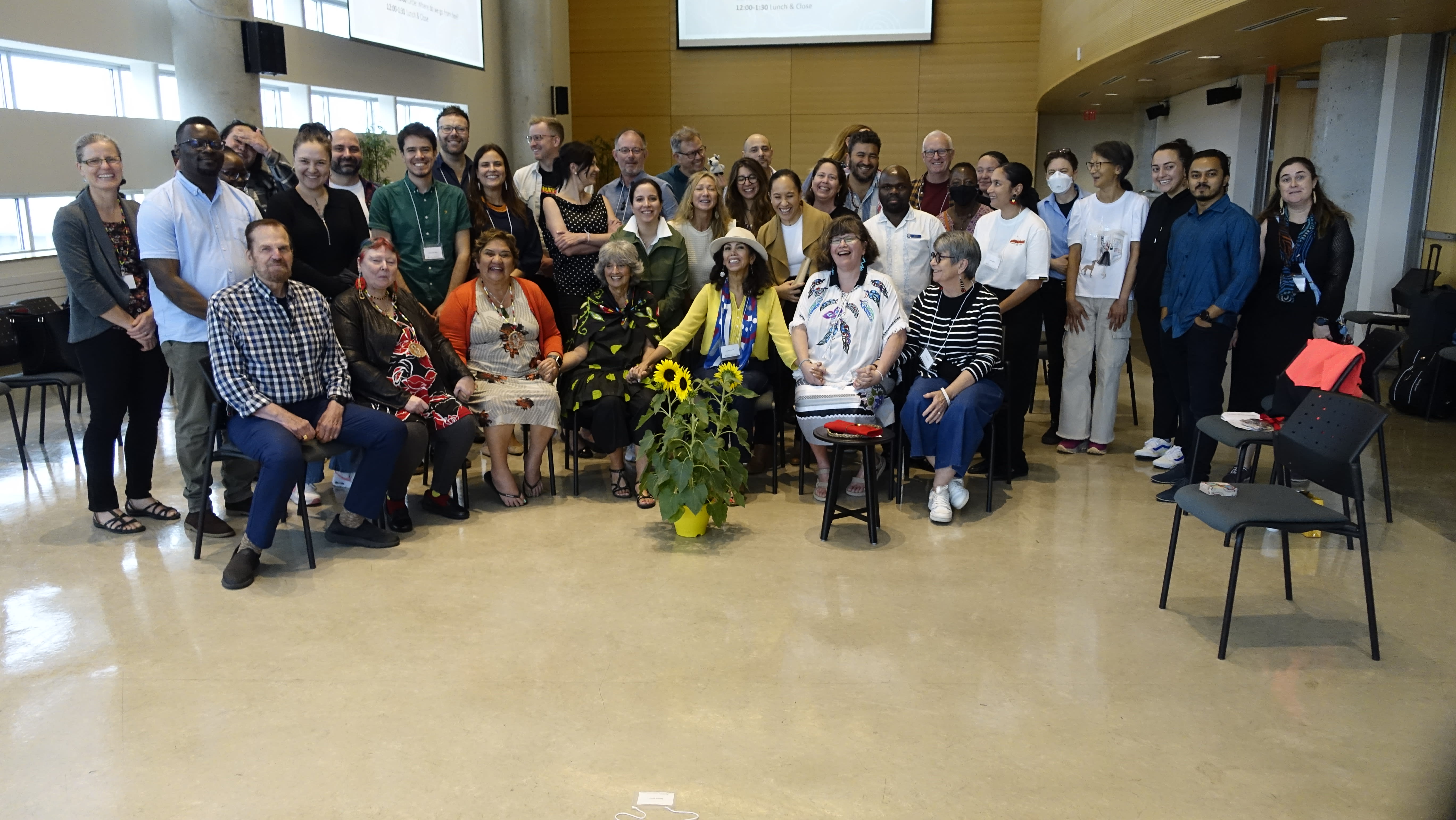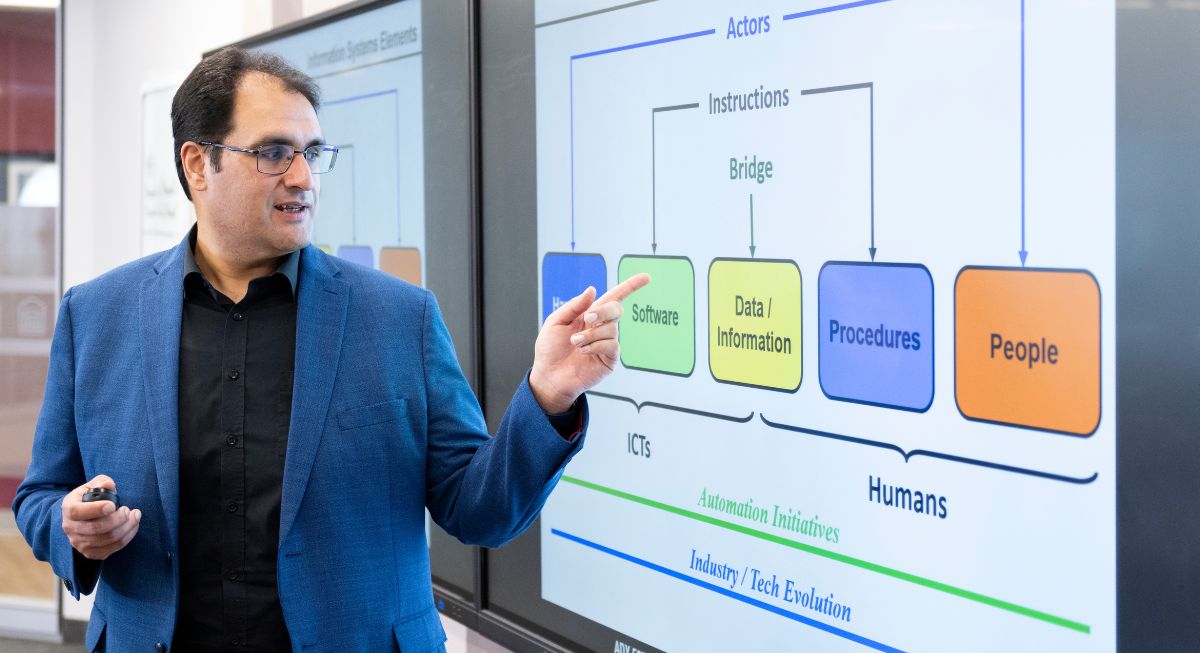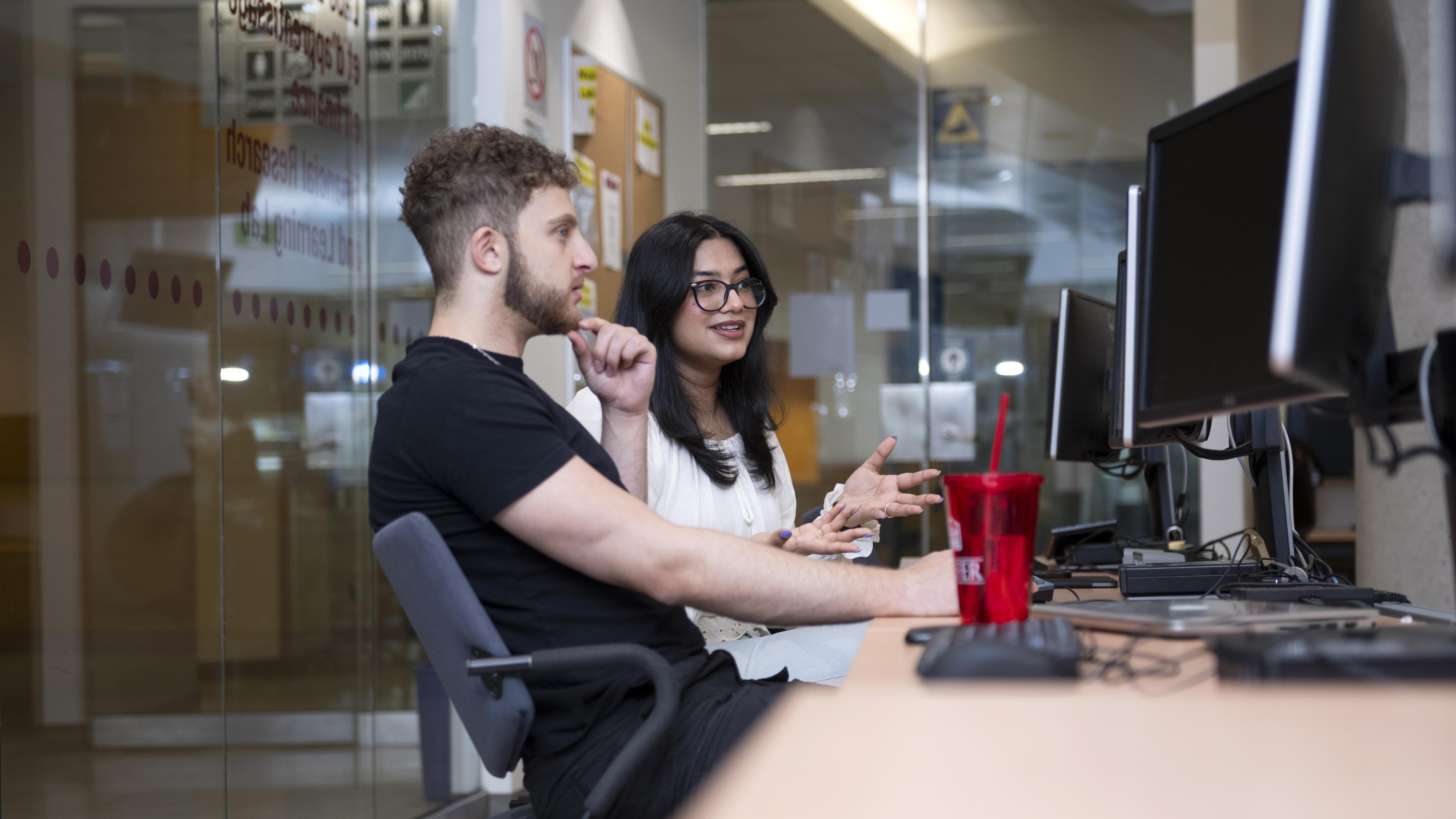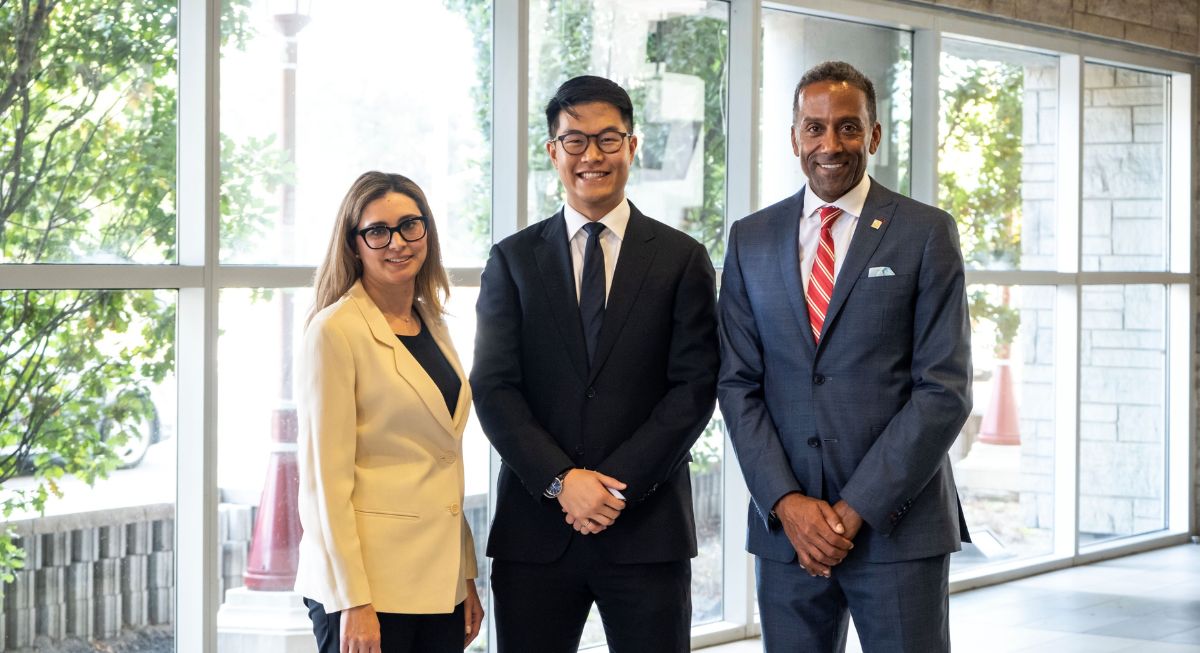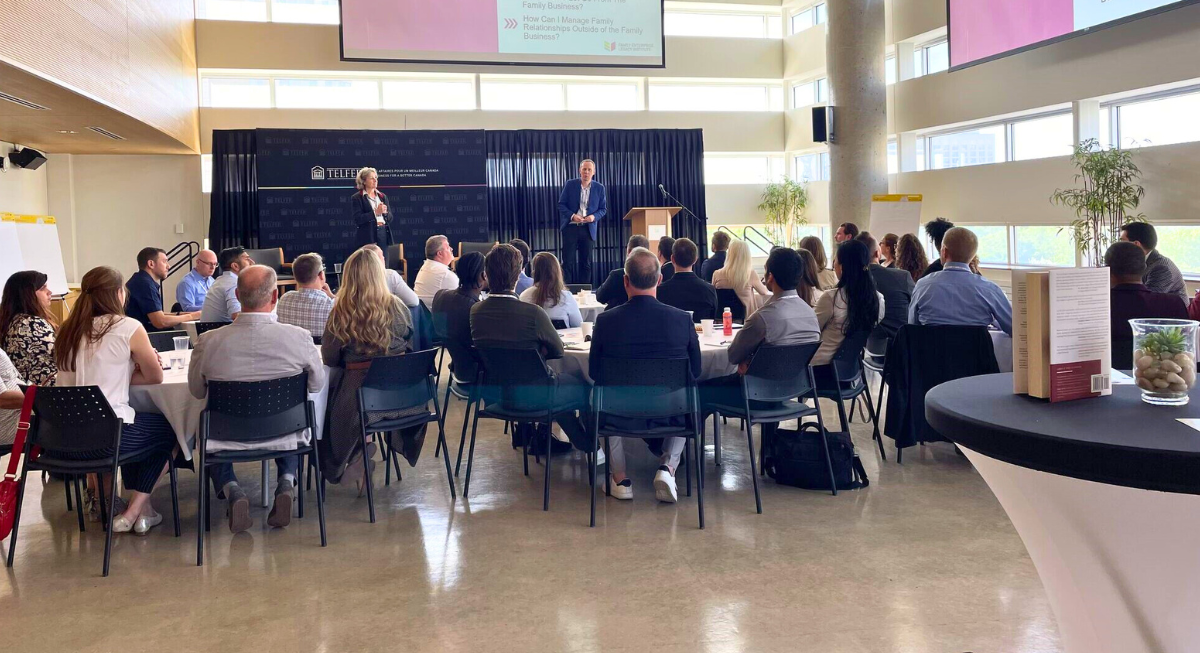Innovation practitioners, communities and scholars are increasingly recognizing the power of inclusion — to generate new ideas, ensure new products and services connect with users and attract and retain talent. However, even leaders in inclusive innovation feel like there’s much more to know, and more co-creation and research is needed to move from small projects to inclusion throughout innovation systems.
Telfer professor Tyler Chamberlin has received a Social Sciences and Humanities Research Council Partnership Development Grant for a research project titled “Enabling Systems Transitions towards Inclusive Innovation.” The project, in collaboration with the Inclusive Innovation Hub (I2Hub) at uOttawa, brings together leading organizations and individuals from the private, public and not-for-profit or community sectors.
The research will address all types of inclusion — of individuals; of social, environmental and economic outcomes; and in governance — to lay the foundation for systems transitions towards inclusive innovation.
Improving inclusion across all sectors
The research partners believe that current practices aren’t sufficient to achieve the benefits of inclusion. Thus, the three-year project is proposing a series of four inclusive innovation workshops annually through the Inclusive Innovation Hub, involving representatives from communities, industry, government and academia. They’ll focus on solutions to specific challenges presented by partner organizations.
The project partners wish to increase inclusion in innovation across all sectors — industry, community groups, governments and academia, and address conceptual and empirical gaps in knowledge. This will benefit both the partners and collaborators, while offering greater access to groups seeking to be included in innovation, for example, students, seniors, and Indigenous and neurodiverse people.
The partners and collaborators are committed to sharing their insights widely. Scholarly outcomes, such as enhanced theory and empirical insights, will be disseminated through journal publication and conference contributions. Practically relevant insights will be shared through student training, skills development among partners and collaborators, and knowledge sharing at conferences and through professional networks.
A great opportunity for students and partners
In addition to providing training and mentoring for 26 graduate students, the project will lay the conceptual and institutional foundations for continued and expanded collaborations with new partners and collaborators, including federal government organizations, with favourable technological outcomes.
Chamberlin’s research partners include TD Bank Group, the OMERS Pension Fund, the Institute on Governance, Microsoft Canada, the National Indigenous Women Entrepreneur’s Ecosystem (Proteus Canada Institute), the Rideau-Rockliffe Community Resource Centre, the University of Ottawa Students’ Union, the Life Research Institute and the Institute for Science, Society and Policy at the University of Ottawa, and the Telfer School of Management. The research team includes professors from several faculties at the University of Ottawa, McGill University and Carleton University.




